Psychology of Food and Diets
A long time ago, I use to be a young ambitious woman. I wanted to become a psychologist. I noticed when people would tell me their personal problems I would have great advice or solutions. I thought I was a good listener. I convinced myself that I had sound mind to evaluate other people’s mental problems. I was so tied up in the idea, I tried to write a book about mental illness. The book was a fictional story, and my first clue I may not be the right type of person to be a psychologist is when I told people about my book, their first question was, “Is this book about you?” The main character has multiple personality disorder or DID disassociated identity disorder and the first question I was commonly asked was if it was about me. So in my mind I thought I was dishing out advice like Sigmund Freud, meanwhile everyone else would see me as a girl who can’t control her emotions and possibly has multiple personalities. I mean, I am a Gemini, but I do not have DID. I was just emotional and had no filter. In retrospect, I laugh at the idea of me helping anyone with their mental well being. I am the last person who should hold someone’s fragile mind in my care. I still have my own issues. I have issues I am currently addressing because I have been living in denial about myself most of my life. It is crazy how our childhood will shape how we become adults. Our childhood experiences teach us how to communicate, argue, express feelings, love, and eat. Yes I said eat.
I have spoken to so many people who tell me they can’t eat something because they had to eat it too many times when they were a kid. Sometimes food will trigger a memory that wants to stay buried. It’s not that the food taste bad or the person is allergic, it all stems from a childhood memory that can be labeled as traumatic in it’s own way. I have my own stories of being fed spinach from a can growing up, so I thought I hated spinach until I became an adult and had it prepared correctly with love and intention. The few experiences I had with my mother’s version of cooked spinach was enough to convince myself I never wanted to eat spinach again. I never thought there were other ways to prepare food, season food, cook food. I never thought it was my mother’s fault my dinner was disgusting , I just knew it was the food’s fault. She didn’t know any better, but she almost ruined it for me forever.
Popeye the sailor man.. gross
I understand why people want to go on diets. Fads that are marketed as Keto and Paleo diets make you lose weight fast, but you will have a hard time keeping it off. Food delivery programs like Weight Watchers and prepared meal plans are targeting anyone who wants to do better but doesn’t know how to start. The pre packaged food companies and the trendy diets promoted by fake nutritionist are betting their next check that most peopled had traumatic childhood experiences surrounding food. They are betting their success that your parents or parents parents did a number on you. How many of us can relate with a parent who body shamed you. A parent who made you count calories before you could understand how calories work. A parent who always gave you sugar and hardly fed you vegetables. A parent who simply didn’t know how to cook so eating fast food was normal. This way of parenting causes emotional trauma that results in body dysmorphia, eating disorders, mental depression, and low self esteem.
All of the habits we have as adults stem from how we were taught to eat when we were children. The first step to becoming healthy is recognizing this fact and acknowledging the effects your upbringing has made on you today. Being overweight is not the only sign of being unhealthy. There are a lot of “thin” or average size people who eat crap everyday and wonder why they are in the hospital between the ages of 30 to 60 years old dying from organ failure, heart attack, or stroke. Cancer has become more and more abundant in our society and the obvious correlation is with how we eat. The US food production chain, the lack of US food regulations, and the carcinogenic ingredients that are constantly being used to preserve food to stay on grocery store shelves longer are all factors that explain why most people are sick and dying at a quicker rate than they should.
Just because our parents raised us to eat certain foods cooked in a certain way doesn’t mean it’s the status quo to continue those habits in our adult lives. Breaking the cycle of unhealthy eating has to start with you and you have to educate your children and grand children so the bad habits will stop. We need to go back 30 years ago, and feed our families they way we use to. Go to the store often, plan meals for the week, purchase fresh ingredients, and take a couple of hours out of your day to make a home cooked meal. Fast food and eating out use to be treat. When I grew up Friday nights was the one night during the week we had a Treat Yo Self day and we could order pizza, Chinese food, or get hamburgers from a fast food. I always had home cooked meals every other day out the week. My mother was not a stay at home mom. Both she and my step father worked full time, yet they made it happen because that is how they were raised. In turn, I learned that habit and would cook meals for my kids and eating out was a treat. The world has changed a lot since 30 years ago, so to ask a busy mom or dad to stop, plan, and cook sounds like a tall order. Maybe sounds impossible because the kids are signed up with a dozen extracurricular activities, the parents work long hours, and the kids have to often figure out how to feed themselves. My advice is to plan better. You do better when you know better. Go to the store one day a week and plan for the rest of the week. Buy healthy snacks, and try recipes you can use a slow cooker, hot pot, or pressure cooker to save time. You must stop buying junk and processed food, and stop opting for a drive thru, uber eats, door dash, or easy prepared meals because you are tired. Make the effort to break the cycle of unhealthy habits, teach younger generations, and maybe one day we can realign our priorities when we feed ourselves and our families. If we can stop childhood eating trauma, we can stop a lot of psychological issues for the future adult generations.

